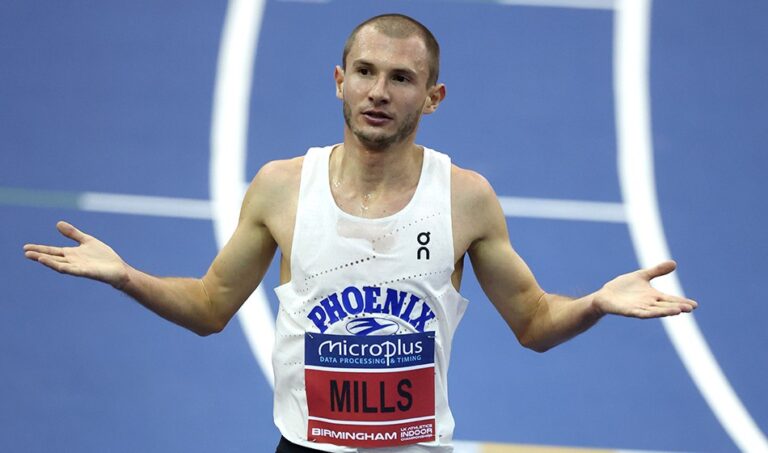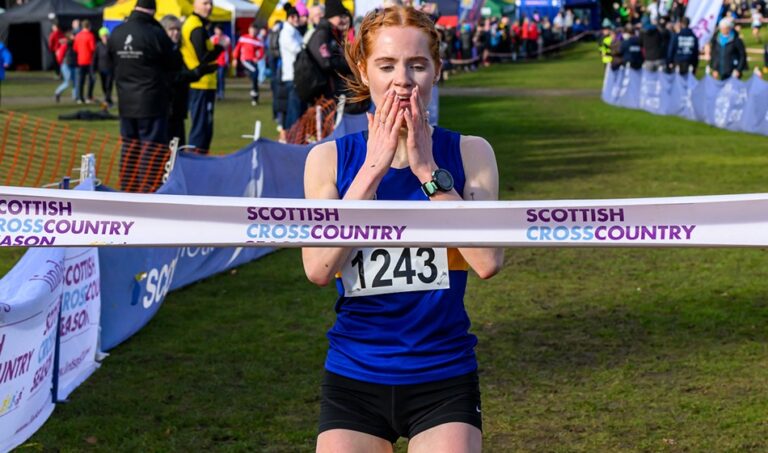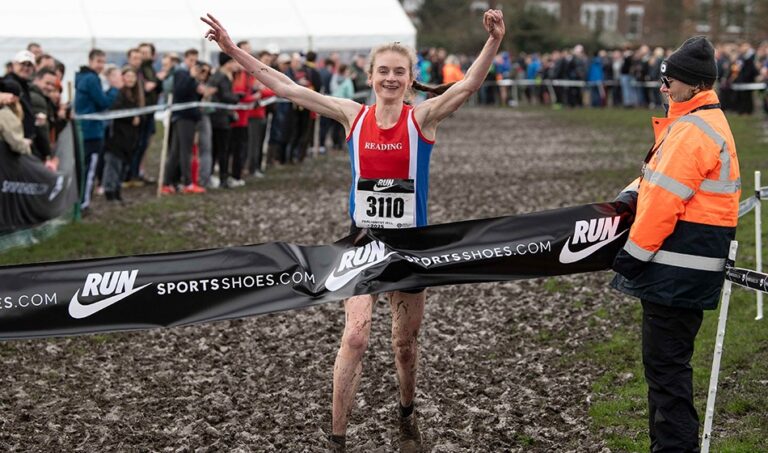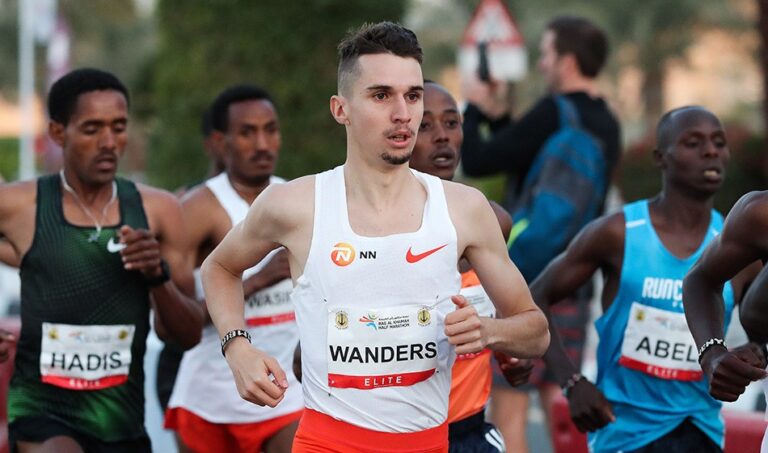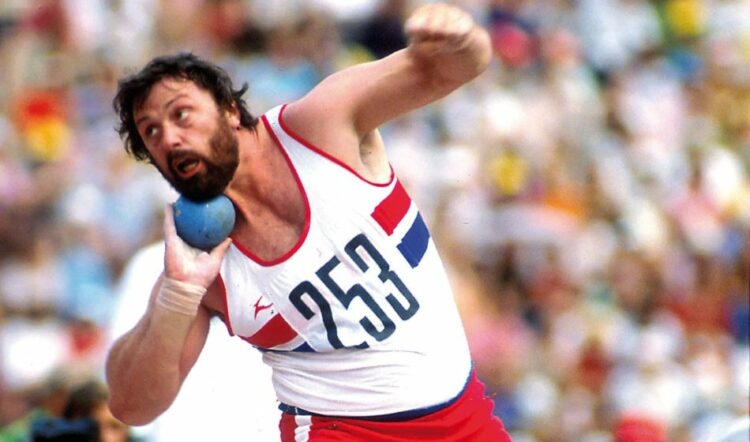
Iconic British thrower competed in three Olympics and was a household name in the 1970s and 1980s due to his exploits on the athletics and strongman circuits
In May 1966 AW featured a couple of 16-year-old throwers in its ‘spotlight on youth’ column – Joe Bugner and Geoff Capes. While the promising teenage discus thrower Bugner went on to win the British boxing title and fought Muhammad Ali for the world crown, Geoff Capes became the long-time British record-holder in the shot put, world’s strongest man winner and multiple Highland Games champion.
Geoff Capes, who died this week aged 75, also won two European indoor shot put titles and two Commonwealth Games gold medals during a stellar throws career. In addition, he competed in three Olympic Games.
In all, he improved the British record from 19.56m to 21.68m – holding the mark from 1972 to 2003 – and competed for Britain a remarkable 67 times. At the height of his fame the shot circle at Crystal Palace was moved to the centre of the home straight so that he would be centre stage. A bona fide athletics icon, he would often start competitions with his tracksuit on and then take it off in the fourth or fifth round when “he meant business”.

Geoff Capes (Mark Shearman)
Amazingly, Geoff Capes was the smallest of five brothers and in his early days ran a 4:48 mile and competed in cross-country. This running ability never left him during his throwing days either as, long before the Mondo Duplantis vs Karsten Warholm sprint clash, he beat Brendan Foster not once but twice in exhibition 200m races in firstly Gateshead then Spalding.
The turning point for Geoff Capes as an athlete was when he met the international sprint hurdler Stuart Storey. A self-confessed “tearaway”, Geoff Capes knuckled down under Storey’s coaching and began setting age records from 16 onwards. They remained lifelong friends, too, with Storey sadly breaking the news of Geoff Capes’ death to AW.

Geoff Capes (Mark Shearman)
In true Rocky Balboa style, in the weights room Geoff Capes learnt how to lift when working on the Lincolnshire farming fens alongside his father and eight siblings, before later combining a police career with his athletics and strongman triumphs.
During his lengthy career, 1974 was his best season when he won European indoor and Commonwealth titles and announced himself as a truly world-class thrower. His biggest ever throw, however, came in 1980 when he threw 21.68m in Cwmbran. He went to the Moscow Olympics that year aiming for a medal but a back injury thwarted his chances and he wound up fifth.
He once told AW: “I think I might possibly be the only athlete to win so many athletics awards, and be world champion in three different sports, not to be awarded an MBE, but I am sure it is due to the fact I took a stand against Margaret Thatcher in 1980 to enable athletes to compete in Moscow, in so sacrificing my police career.”

Geoff Capes and Stuart Storey at the England Awards (Mark Shearman)
Outside athletics he was a six-time Highland Games champion and won the world’s strongest man title in 1983 and 1985.
Somewhat bizarrely, given his huge size, after his sports career he became a top budgerigar breeder at his home near Grantham. A passion for breeding the small birds saw him crowned the budgerigar society’s president, as well as winning the world showing title.
He gave plenty back to the sport, too, coaching athletes such as Rebecca Peake, Rachel Wallader and Sophie McKinna among many others. He also developed the Lincolnshire Throws Academy for shot and discus in Holbeach with his coaching protege and assistant, Paul Wilson, going on to guide Scott Lincoln to become an Olympian and British No.1 in the shot put.

Geoff Capes with some of his athletes (Mark Shearman)
Geoff Capes’ own family alone produced a number of top throwers. His children Lewis and Emma reached international level whereas Lawson Geoff Capes, his grandson, has recently won national age group titles and become the fifth member of the family to represent his country in the event. Lawson’s elder brother, Donovan, has also won an English Schools title.
“I ended my career knowing I had been the world’s No.1 in three different sports, which proves the importance of setting goals and targets as soon as possible in any sporting career,” Geoff Capes once said. “I never accepted second best, and this attitude enabled me to travel round the world, make many friends, and challenge the best.”

Geoff Capes with his daily diet (Mark Shearman)
Sale and Charnwood among winners at British Masters Cross Country Relays


